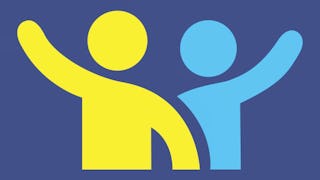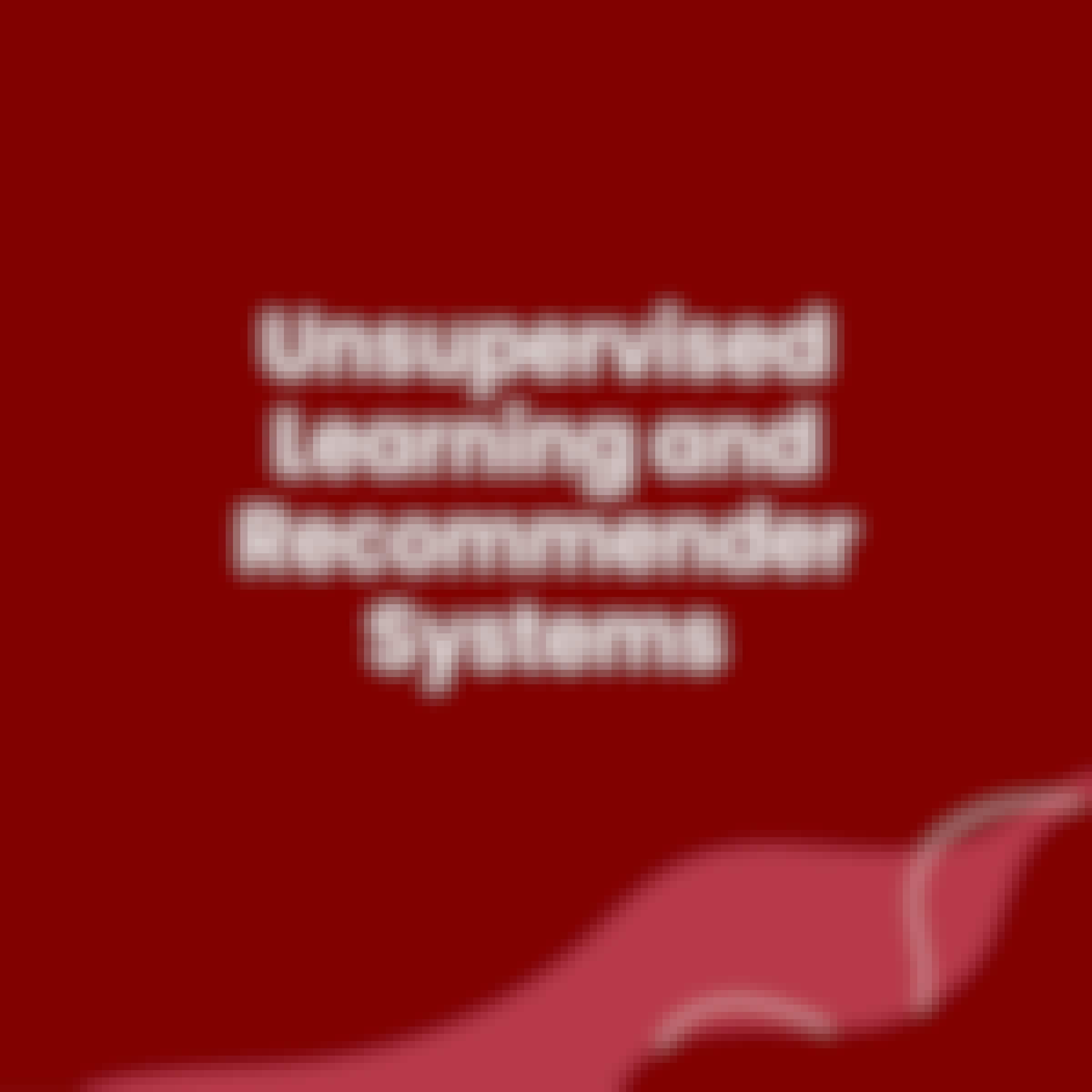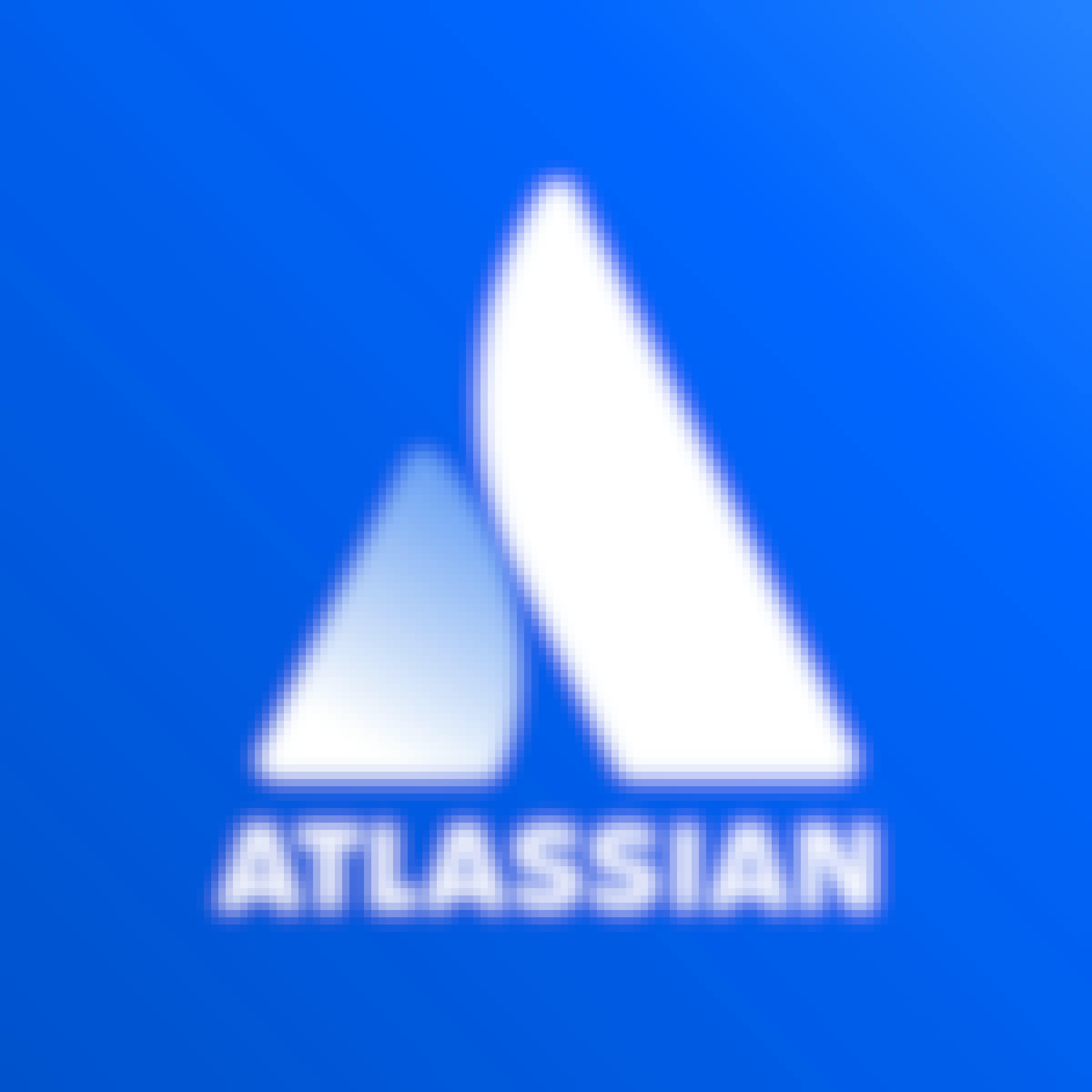- Browse
- Cognitive Science
Cognitive Science Courses
Cognitive Science courses can help you learn about human perception, language processing, decision-making, and neural networks. You can build skills in critical thinking, data analysis, and experimental design, which are vital for understanding how the mind works. Many courses introduce tools like Python for data analysis, statistical software for research, and simulation programs to model cognitive processes, allowing you to apply your knowledge in practical settings.
Popular Cognitive Science Courses and Certifications
 Status: PreviewPreviewG
Status: PreviewPreviewGGeorgia Institute of Technology
Skills you'll gain: Engineering Analysis, Mechanics, Torque (Physics), Engineering Calculations, Mechanical Engineering, Engineering, Civil Engineering, Structural Analysis, Applied Mathematics, Trigonometry
4.8·Rating, 4.8 out of 5 stars5.1K reviewsMixed · Course · 1 - 3 Months
 Status: Free TrialFree TrialU
Status: Free TrialFree TrialUUniversity of Colorado Boulder
Skills you'll gain: Theoretical Computer Science, Algorithms, Graph Theory, Data Structures, Operations Research, Public Key Cryptography Standards (PKCS), Cryptography, Programming Principles, Computational Thinking, Pseudocode, Design Strategies, Computer Science, Tree Maps, Encryption, Linear Algebra, Combinatorics, Mathematical Modeling, Advanced Mathematics, IBM Cloud, Python Programming
Build toward a degree
4.6·Rating, 4.6 out of 5 stars921 reviewsAdvanced · Specialization · 3 - 6 Months
 Status: Free TrialFree TrialG
Status: Free TrialFree TrialGGoogle
Skills you'll gain: Data Storytelling, Presentations, Rmarkdown, Data Presentation, Data Cleansing, Data Visualization, Ggplot2, Data Validation, Spreadsheet Software, Data Visualization Software, Data Ethics, Data Analysis, Data-Driven Decision-Making, Tableau Software, Data Literacy, Data Processing, Dashboard, Business Analysis, Stakeholder Communications, Databases
4.8·Rating, 4.8 out of 5 stars12K reviewsBeginner · Professional Certificate · 3 - 6 Months
 Status: Free TrialFree TrialU
Status: Free TrialFree TrialUUniversity of Pennsylvania
Skills you'll gain: Resilience, Goal Setting, Empathy & Emotional Intelligence, Emotional Intelligence, Positivity, Smart Goals, Optimism, Research Methodologies, Overcoming Obstacles, Research Design, Productivity, Positive Behavior Support, Cognitive flexibility, Relationship Building, Personal Development, Self-Awareness, Qualitative Research, Research, Empowerment, Psychology
4.8·Rating, 4.8 out of 5 stars8.5K reviewsBeginner · Specialization · 3 - 6 Months
 Status: Free TrialFree TrialU
Status: Free TrialFree TrialUUniversity of Amsterdam
Skills you'll gain: Qualitative Research, Scientific Methods, Statistical Analysis, Statistical Hypothesis Testing, Research, Research Design, Sampling (Statistics), Research Reports, Science and Research, Interviewing Skills, Data Analysis, Data Collection, Research Methodologies, Social Sciences, Surveys, Quantitative Research, Statistics, Regression Analysis, Statistical Inference, R Programming
4.6·Rating, 4.6 out of 5 stars7.9K reviewsBeginner · Specialization · 3 - 6 Months
 Status: NewNewStatus: Free TrialFree TrialN
Status: NewNewStatus: Free TrialFree TrialNNiel Asher Education
Skills you'll gain: Patient Education And Counseling, Physical Therapy, Clinical Assessment, Rehabilitation, Exercise Therapy, Manual Therapy, Respiration, Coordination, Mental Health Therapies, Athletic Training, Cognitive Behavioral Therapy
Advanced · Course · 1 - 3 Months
 Status: Free TrialFree TrialM
Status: Free TrialFree TrialMMicrosoft
Skills you'll gain: Web Scraping, Data Structures, Git (Version Control System), Generative AI, Version Control, Matplotlib, Devops Tools, Plotly, DevOps, Agile Methodology, Web Development, Data Ethics, Flask (Web Framework), Data Visualization, Scripting, GitHub, Debugging, Data Analysis, Automation, Cloud Computing
4.4·Rating, 4.4 out of 5 stars625 reviewsBeginner · Professional Certificate · 3 - 6 Months
 Status: PreviewPreviewU
Status: PreviewPreviewUUniversity of Toronto
Skills you'll gain: Programming Principles, Debugging, File I/O, Software Documentation, Python Programming, Computer Programming, Program Development, Integrated Development Environments, Algorithms, Data Structures, Development Environment
4.7·Rating, 4.7 out of 5 stars6.7K reviewsBeginner · Course · 1 - 3 Months
 Status: PreviewPreviewU
Status: PreviewPreviewUUniversity of Michigan
Skills you'll gain: Mechanical Engineering, Thermal Management, Engineering, Energy and Utilities, Physics, Engineering Analysis, Systems Of Measurement, Physical Science, Process Analysis, Environmental Issue
4.8·Rating, 4.8 out of 5 stars3.5K reviewsBeginner · Course · 1 - 3 Months
 Status: Free TrialFree TrialD
Status: Free TrialFree TrialDDeepLearning.AI
Skills you'll gain: Unsupervised Learning, Data Ethics, Machine Learning, Supervised Learning, Artificial Intelligence, Reinforcement Learning, Artificial Neural Networks, Deep Learning, Anomaly Detection, Dimensionality Reduction, Algorithms
4.9·Rating, 4.9 out of 5 stars5.5K reviewsBeginner · Course · 1 - 4 Weeks
 Status: PreviewPreviewS
Status: PreviewPreviewSStanford University
Skills you'll gain: Mathematical Theory & Analysis, Mathematics and Mathematical Modeling, Calculus, Deductive Reasoning, Logical Reasoning
4.8·Rating, 4.8 out of 5 stars3K reviewsIntermediate · Course · 1 - 3 Months
 Status: PreviewPreviewA
Status: PreviewPreviewAAtlassian
Skills you'll gain: Jira (Software), Agile Methodology, Scrum (Software Development), Kanban Principles, Agile Project Management, Lean Methodologies, Backlogs, Sprint Planning, Sprint Retrospectives, User Story, Workflow Management, Project Management, Product Requirements, Query Languages, Software Versioning, Continuous Improvement Process
4.7·Rating, 4.7 out of 5 stars9.7K reviewsBeginner · Course · 1 - 4 Weeks
In summary, here are 10 of our most popular cognitive science courses
- Introduction to Engineering Mechanics: Georgia Institute of Technology
- Foundations of Data Structures and Algorithms: University of Colorado Boulder
- Análisis de Datos de Google: Google
- Foundations of Positive Psychology: University of Pennsylvania
- Methods and Statistics in Social Sciences: University of Amsterdam
- Integrated Pelvic Floor Health and Function: Niel Asher Education
- Microsoft Python Development: Microsoft
- Learn to Program: The Fundamentals: University of Toronto
- Introduction to Thermodynamics: Transferring Energy from Here to There: University of Michigan
- Unsupervised Learning, Recommenders, Reinforcement Learning: DeepLearning.AI










